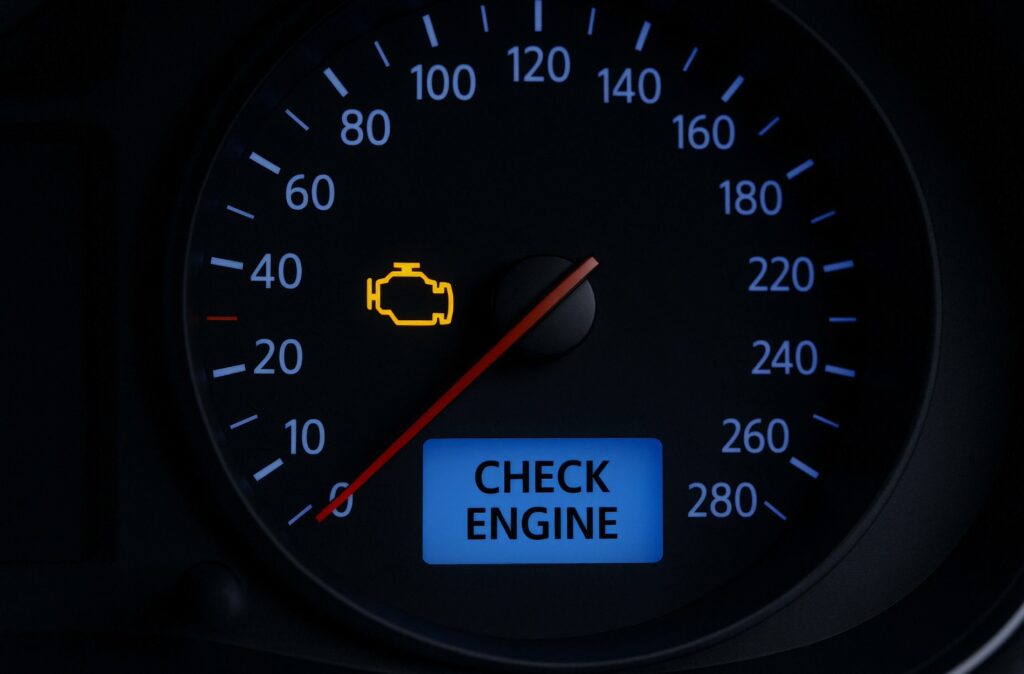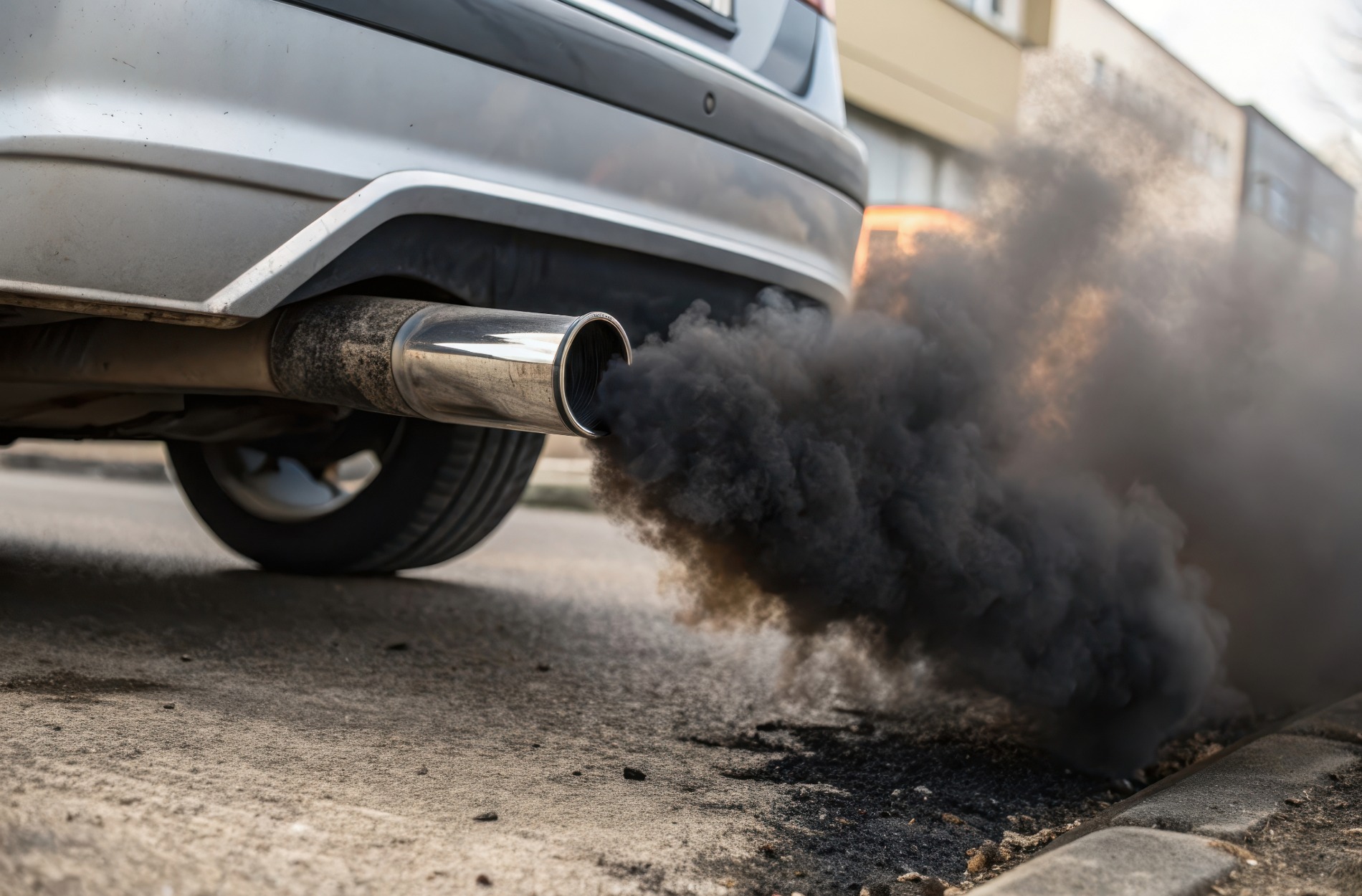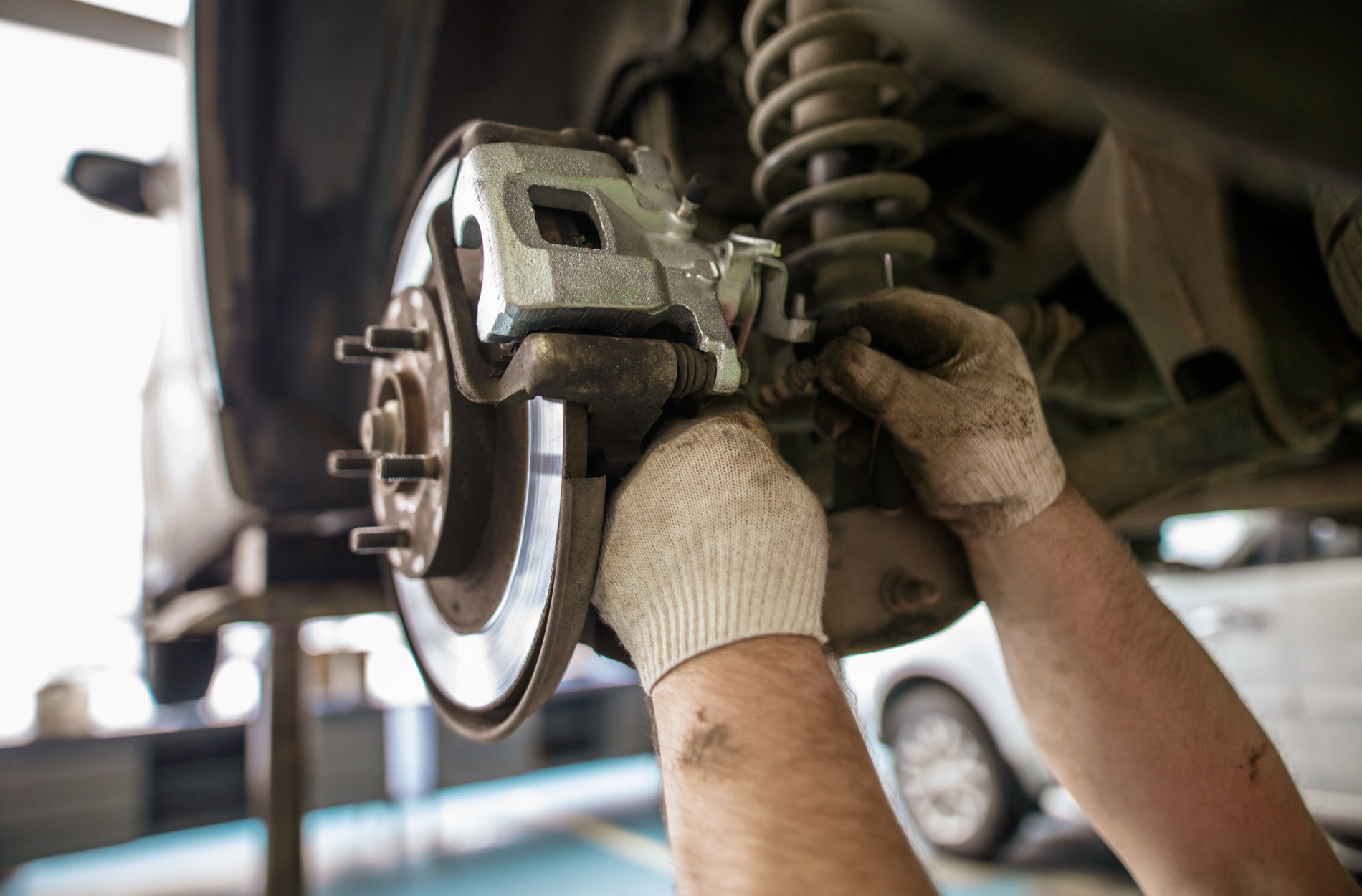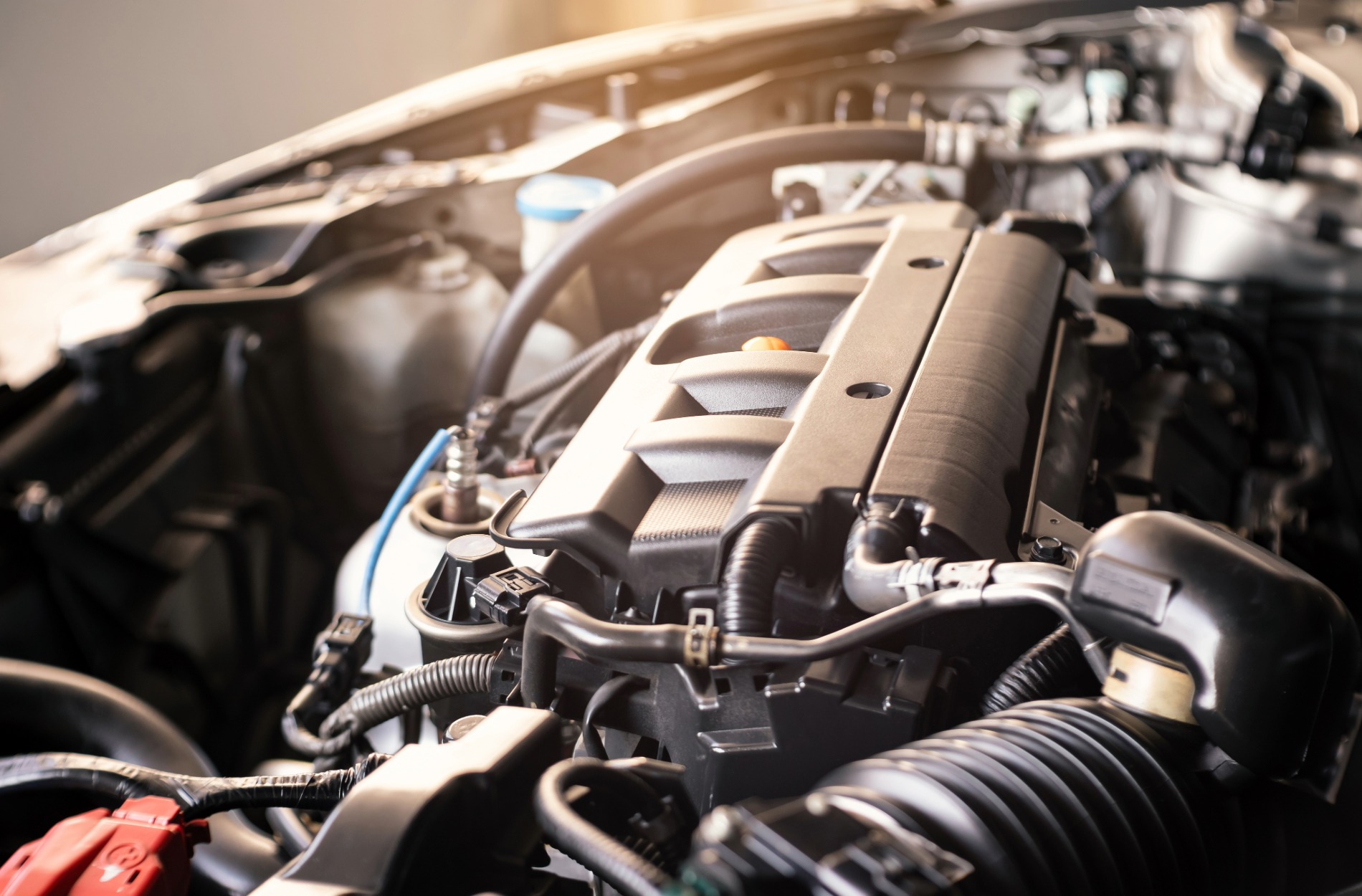We’ve all seen them. A little icon pops up on the dashboard and suddenly you’re wondering if it’s something minor or the start of a big repair bill. It’s easy to ignore those warning lights, especially if everything seems to be working just fine. But the truth is, your car’s dashboard is one of its best tools for catching issues early before they turn into expensive problems. Whether it’s a quick fix or a deeper issue, those lights are trying to tell you something important.
If you’ve ever delayed looking into a warning light and ended up stuck with a bill or worse, stranded in a parking lot, you’re not alone. These lights are part of your car’s built-in way of flagging problems, especially those related to the electrical system. Ignoring them can lead to unexpected breakdowns or safety issues. The good news is you don’t have to be a mechanic to spot the warning signs that something may be going wrong. Let’s walk through a few dashboard lights that should never be brushed off.
Check Engine Light
This one tends to cause the most anxiety, mostly because its meaning can range from a loose gas cap all the way up to serious engine problems. When it lights up, it doesn’t give specifics, but it definitely means the car’s computer picked up a problem.
Here are some reasons the check engine light might turn on:
– Loose or damaged gas cap
– Faulty oxygen sensor
– Bad spark plugs or ignition coils
– Issues with the catalytic converter
– Mass airflow sensor problems
Any one of these can affect how your car runs, but the fix can range from simple to serious. A loose gas cap, for example, is an easy fix you can handle at your next stop. But if it’s a sensor or engine misfire, continued driving could wear down the engine or reduce fuel efficiency fast.
Ignoring the check engine light doesn’t only affect how the car performs. It can also make it harder to track down the actual problem later on. The longer you wait, the more likely one small issue turns into more damage under the hood. Since these problems can connect to your vehicle’s electrical and emissions systems, they’re usually best diagnosed with professional auto electrical repair.
So if that light flickers on, don’t guess. Let a technician check the system and pinpoint what needs fixing.
Battery Warning Light
When the battery light comes on, most people think their battery must be dead or close to it. That may be true, but this warning light means more than that. It can signal problems with charging, the alternator, or possibly damaged wires in the electrical system.
If your battery warning light stays on while driving, here are some signs to watch for:
– Dim headlights or dashboard lights
– Trouble getting the car to crank or turn over
– Radio, windows, or interior lights flickering
– A burning smell coming from the engine bay
These problems could mean your alternator isn’t charging the battery or power isn’t flowing right through the system. If you ignore the light, your car may suddenly shut down whether you’re sitting in your driveway or driving on the freeway. Since the electrical system powers important parts like the ignition, lights, and electronics, any weak point can put you at risk of being stranded.
Acting fast can save your battery and keep your alternator from working harder than it should. Whether it’s a loose wire, a dying alternator, or a battery near the end of its lifespan, getting the issue diagnosed quickly means less stress later.
Brake System Warning Light
The brake warning light is one of those alerts you never want to ignore. If this light shows up, your car is saying there might be a problem with the brakes, and that’s never something to wait on.
A few common reasons this light turns on include:
– Low or dirty brake fluid
– Worn brake pads
– Damaged brake lines or failing ABS
– Parking brake left engaged
If you’re driving and the light comes on, check to make sure the parking brake is fully released. If it’s not that simple, there could be a deeper issue. Dirty or low brake fluid can keep your brake system from working well. Worn pads or leaks can also stop your brakes from matching what your foot expects them to do.
Sometimes the warning light triggers just before you feel anything off. But if your brakes start feeling soft or spongy, or the pedal sinks farther than it usually does, it means there’s a loss of pressure in the system.
Brake problems don’t always scream for attention right away, but they can get dangerous quickly. Having strong, responsive brakes is a must for everyday driving, not just emergencies. A professional check can help make sure you aren’t gambling with safety.
Oil Pressure Warning Light
This light may be small, but it’s yelling at you pretty loud. If it turns on, your engine may not be getting the oil it needs to stay cool and lubricated. Oil pressure is critical, and driving with low pressure can mean serious engine damage.
Here are a few things that might cause the oil pressure warning light:
– Oil level is too low
– Oil pump isn’t working right
– Oil filter is clogged
– Leak somewhere in the system
If you’re on the road and this light pops on, it’s best to shut off the engine and call for help right away. Driving without enough oil pressure, even for a short time, can cause the engine to overheat or seize.
Skipping routine oil changes can cause sludge to build up inside the engine. That sludge limits how oil moves through and reduces cooling power too. Even if you’re up-to-date on oil service, a leak or pump failure can still lead to major trouble.
This isn’t one to wait and see. Acting fast not only protects your engine but can stop a minor issue from becoming a full rebuild.
When Dashboard Lights Mean It’s Time To Call In A Pro
Dashboard lights don’t come on just for fun. They’re programmed to give you early clues that something’s not quite right, even if you haven’t noticed anything different yet. Usually, the sooner you respond, the smaller and cheaper the fix.
Some alerts deal with your car’s electrical guts, like sensors and wires. Others deal with the mechanics, like brakes, fluids, and moving parts. But no matter which light turns on, it’s always better to catch the issue before it creates more damage.
A warning light that sticks around longer than the startup glow? That means you should schedule an inspection. A certified technician can run a full scan, read trouble codes, and find the cause before it gets worse. It’s always better to hear it’s a minor fix now than to find out later you’ve got a major repair on your hands.
When your dashboard lights are clear and your car’s running right, there’s one less thing on your mind. So when those alerts come on, trust a professional to figure out what’s going on and get you safely back on the road.
When dashboard lights alert you to potential issues, it’s a clear sign not to wait on getting things checked. Don’t let minor problems turn into major ones that could cost you more time and money down the road. Trust H&I Automotive to handle any concerns thoroughly. For reliable auto electrical repair, schedule a detailed inspection and keep your vehicle running smoothly and safely.




